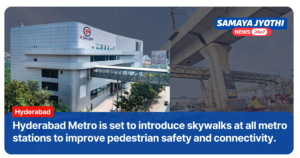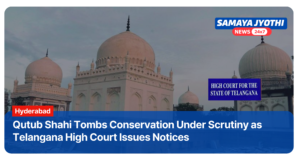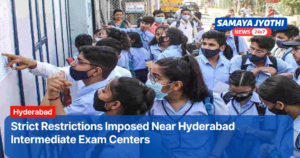- Home
- India, Latest News
- Naxalism in Urban Centres Rising as It Declines in Jungles: PM Modi
Naxalism in Urban Centres: A Growing Concern
Prime Minister Narendra Modi recently addressed the Republic Plenary Summit, highlighting the shifting dynamics of Naxalism in India. He stated that while the menace is being eradicated from the jungles, Naxalism in urban centres is emerging as a growing challenge. Modi also took a dig at opposition parties, particularly the Congress, accusing them of echoing urban Naxal ideologies.
PM Modi underscored the significant reduction in Naxal-affected districts, from over 100 in the past to just around two dozen today. He attributed this progress to improved governance and decisive security measures. However, while Naxalism in the jungles is diminishing, Naxalism in urban centres is expanding at an alarming rate.
The prime minister pointed out that urban Naxals have deeply infiltrated certain political parties. He warned that some parties, which once opposed such extremist ideologies and followed Gandhian principles, are now influenced by them.
He further stated, “We have to remember that urban Naxals are strongly opposed to our development and heritage.” This indicates a need for vigilance against urban Naxal influences, which could hinder India’s progress.
PM Modi on Naxalism and National Security
Emphasizing national security, Modi highlighted his government’s efforts in curbing terrorism and eliminating sleeper cells. He noted that terror attacks, once frequent headlines, have significantly decreased.
Similarly, the battle against Naxalism in urban centres demands an equally firm approach. The prime minister stressed that his administration’s focus on grassroots governance and development has contributed to the downfall of jungle-based Naxalism. However, urban areas require a different strategy to counter radical influences.
Modi also criticized the Congress, alleging that it had previously suppressed people’s aspirations and failed to recognize emerging threats. According to him, the Congress’ inability to evolve has resulted in a leadership vacuum that urban Naxals are exploiting.
The Changing Aspirations of India
PM Modi highlighted the transformation in India’s collective mindset over the past decade. He stated that India today is a nation with big aspirations, setting ambitious goals, and achieving remarkable results. This shift, he said, is because of the changing mentality of the people, who now believe in their potential.
India’s Economic Growth and Future Outlook
PM Modi also spoke about India’s economic achievements, emphasizing that the country has become the world’s fifth-largest economy and is on track to becoming the third-largest. He noted that India’s annual GDP, which was Rs 1 lakh crore in 2007, is now achieved within a single quarter.
From manufacturing toys to weapons, Modi highlighted India’s transition from an importer to an exporter, signifying self-reliance. He also remarked that India’s growth is not just benefiting its own citizens but is driving global economic progress.
The prime minister further pointed out how opposition parties now acknowledge his effectiveness. He stated that even critics in parliamentary debates question why Modi is not doing certain things, proving that they believe he can deliver results.
PM Modi’s speech at the Republic Plenary Summit shed light on a significant shift—Naxalism in urban centres is an emerging challenge even as it declines in rural areas. He warned about the ideological infiltration within political parties and emphasized the need for continued vigilance. At the same time, he projected a vision of a growing, self-reliant India, driven by ambitious aspirations.
With the country’s rapid economic progress and strengthened national security, Modi reaffirmed his government’s commitment to ensuring that India remains resilient against both internal and external threats.
Click for more latest news. Also get top headlines and latest news from India and around the world at samaya jyothi










